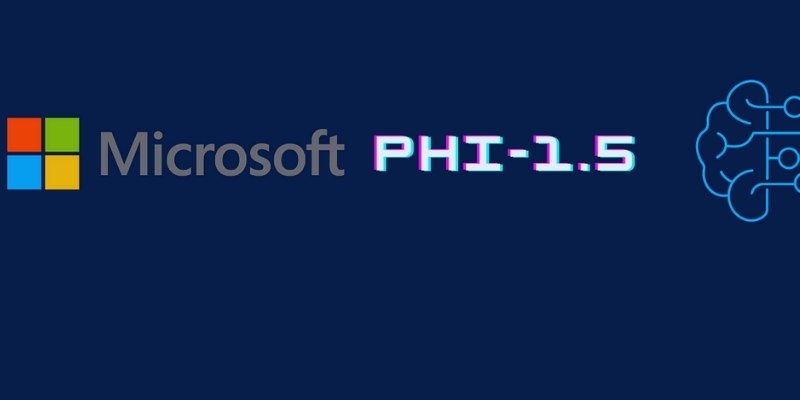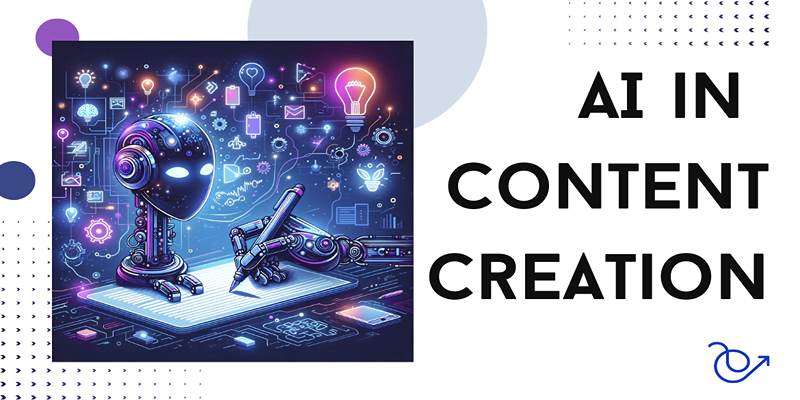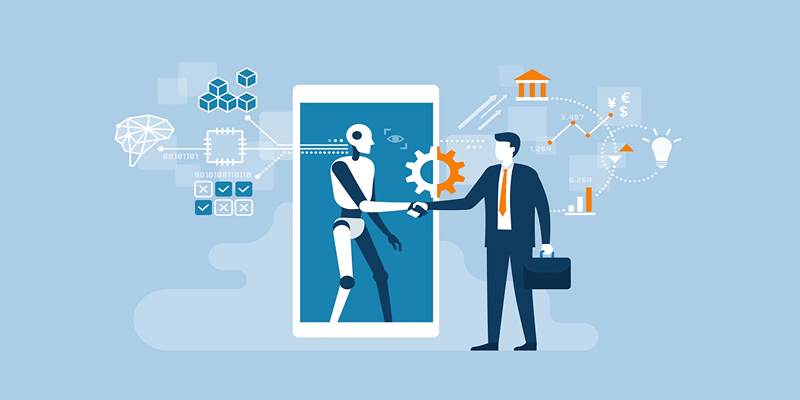Artificial Intelligence (AI) is no longer just a buzzword. It's a real tool that businesses use every day to make faster decisions, cut costs, and improve customer experiences. But to truly benefit from AI, companies need to make sure their AI tools are not only powerful, but also relevant, reliable, and responsible. These 3 R’s are the foundation of effective AI in the business world. Let’s break down what each of these means, why they matter, and how businesses can apply them.
Why Relevance in AI Matters for Business
There are AI tools that work better for some businesses than others. Some businesses use AI to keep track of their stock, while others, like marketing firms, use it to write posts for social media. Otherwise, the AI won't help you reach your goals or complete your tasks. It will just add to your costs without providing any value.
How to Ensure AI is Relevant to Your Business
To make sure AI actually helps your business, ask these questions:
- Does it solve a real problem you face?
- Is it built for our industry?
- Can our team easily use and understand it?
By focusing on tools that directly fit your workflow, you’ll save time and avoid wasting money on overhyped tech.
Building Trust with Reliable AI Solutions

AI works with data, and it can make mistakes, too, just like people do. That is why it is so important to be reliable. Reliable AI systems always give correct results and don't break when data changes. It can hurt customer trust, waste employee time, and cost you money if your AI makes mistakes or always gets different results.
Features of Reliable AI Systems
Reliable AI often includes:
- Regular updates and testing
- Transparent processes (you can see how it makes decisions)
- Backup systems and error handling
- High data accuracy
A reliable AI system should behave predictably, even when your business scales or faces change.
Why Responsible AI Is the Future
Responsible AI means your business uses AI in a way that’s fair, ethical, and safe. It includes how AI is trained, what data it uses, and how it treats people—whether employees, customers, or the public. Many people worry about AI being biased or replacing jobs unfairly. When your business follows responsible AI practices, you reduce these risks and build a stronger brand.
Key Principles of Responsible AI
Responsible AI includes:
- Respecting privacy and data protection laws
- Avoiding bias in training data
- Being transparent about what the AI does
- Letting humans stay in control
- Considering the long-term social impact
Before adopting an AI solution, make sure the developers care about these principles.
Hitting the Sweet Spot: All Three R’s Together
Some companies rush into AI because it’s trendy, but smart companies focus on using AI that hits all three: relevant, reliable, and responsible. Let’s see why this combo is so powerful.
Benefits of Getting It Right
When AI is relevant, reliable, and responsible, you’ll enjoy:
- Better decisions with fewer risks
- Improved customer trust
- Faster workflows and happier teams
- Long-term business growth
- A future-proof strategy
One without the others can backfire. For example, a relevant AI tool that isn’t responsible might expose you to legal trouble. A reliable system that isn’t relevant won’t save you time or money. Balance is key.
Real-World Examples of the 3R AI Approach
Many well-known companies already use AI tools with all three R’s in mind.
Example 1: Banking and Fraud Detection

Banks use AI to flag unusual transactions. It must be:
- Relevant to spotting fraud in real-time
- Reliable, so it doesn’t flag normal spending
- Responsible for respecting user privacy and avoiding false accusations
Example 2: Retail and Product Recommendations
Online stores use AI to suggest what customers might buy next. It works well only if:
- Relevant to the shopper’s interests
- Reliable in giving accurate suggestions
- Responsible for not misusing customer data
How Businesses Can Adopt the 3R Strategy
You don’t need to be a tech company to use smart AI. Here’s how any business can move forward.
Step-by-Step Guide to AI That Works
- Start small – Pick one problem where AI can help (like customer service).
- Choose tools carefully – Look for software designed for your industry.
- Test before scaling – Try the tool with a small team or project first.
- Train your team – Make sure your staff understands how to use and question the AI.
- Monitor for bias or errors – Don’t let AI run wild. Keep checking it.
- Stay updated – AI evolves fast. Make sure your tools and policies stay current.
Challenges to Watch Out For
While AI brings many benefits, businesses should watch out for common roadblocks.
- Poor data quality – AI is only as good as the data it learns from.
- Lack of transparency – Avoid tools that act like black boxes.
- Skill gaps – Make sure your team is trained and not left confused.
- Over-reliance on AI – Use AI to assist, not fully replace, human judgment.
These challenges are easier to manage when you focus on the 3 R’s from the start.
Conclusion
In today’s fast-changing world, AI can be a powerful business tool—but only if used wisely. Choosing AI that is relevant, reliable, and responsible ensures real value and trust. It helps businesses solve the right problems without unnecessary risks. Reliable AI supports better decisions and consistent results. Responsible AI protects people, data, and your brand image. Together, these three qualities create a balanced and future-ready AI strategy. Businesses that embrace this approach will lead with confidence and innovation.










